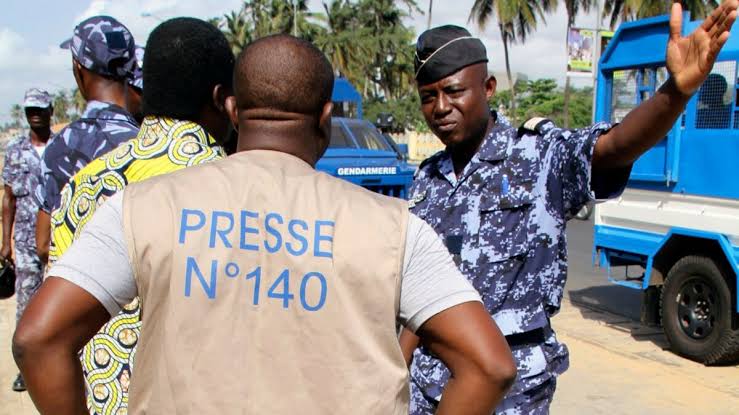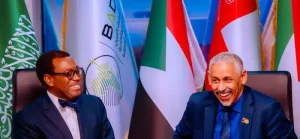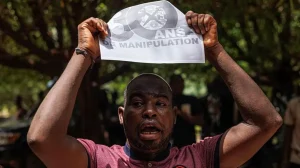
Togo’s High Authority for Audiovisual and Communication (HAAC) has announced the lifting of its suspension on accreditations for foreign journalists, originally imposed in April amidst a contentious constitutional reform.
The decision comes following widespread criticism and accusations of stifling press freedom in the West African nation.
“The suspension of the accreditation of foreign press organisations for the coverage of news and demonstrations in Togo is lifted as of Wednesday, June 26,” HAAC stated in a late Friday release.
The suspension was initially justified by HAAC citing “serious failures” in the coverage of Togo’s political landscape by French media and incidents involving a French journalist who was expelled from the country. Critics, including Reporters Without Borders, condemned the move as an infringement on freedom of information.
The controversy unfolded against the backdrop of legislative elections where President Faure Gnassingbe’s Union for the Republic (UNIR) party secured 108 out of 113 parliamentary seats. This victory was facilitated by a constitutional amendment that redefined the presidency as a ceremonial role, while consolidating executive power under a newly created prime ministerial position, to be occupied by the leader of the ruling party.
Critics of the reform labeled it an “institutional coup” designed to circumvent presidential term limits, potentially enabling Gnassingbe to retain influence over Togo’s government for years to come.
The decision to lift the suspension marks a potential step towards restoring press freedoms in Togo, though challenges remain amid ongoing political tensions and scrutiny over democratic processes in the country.








